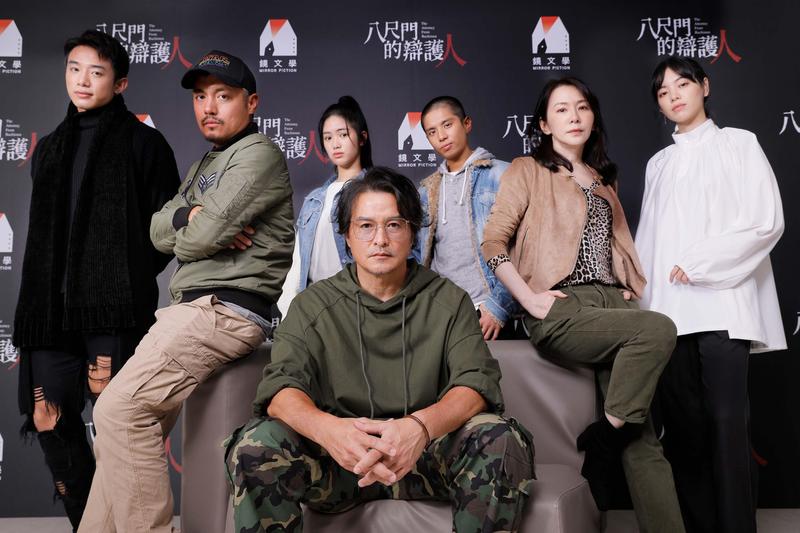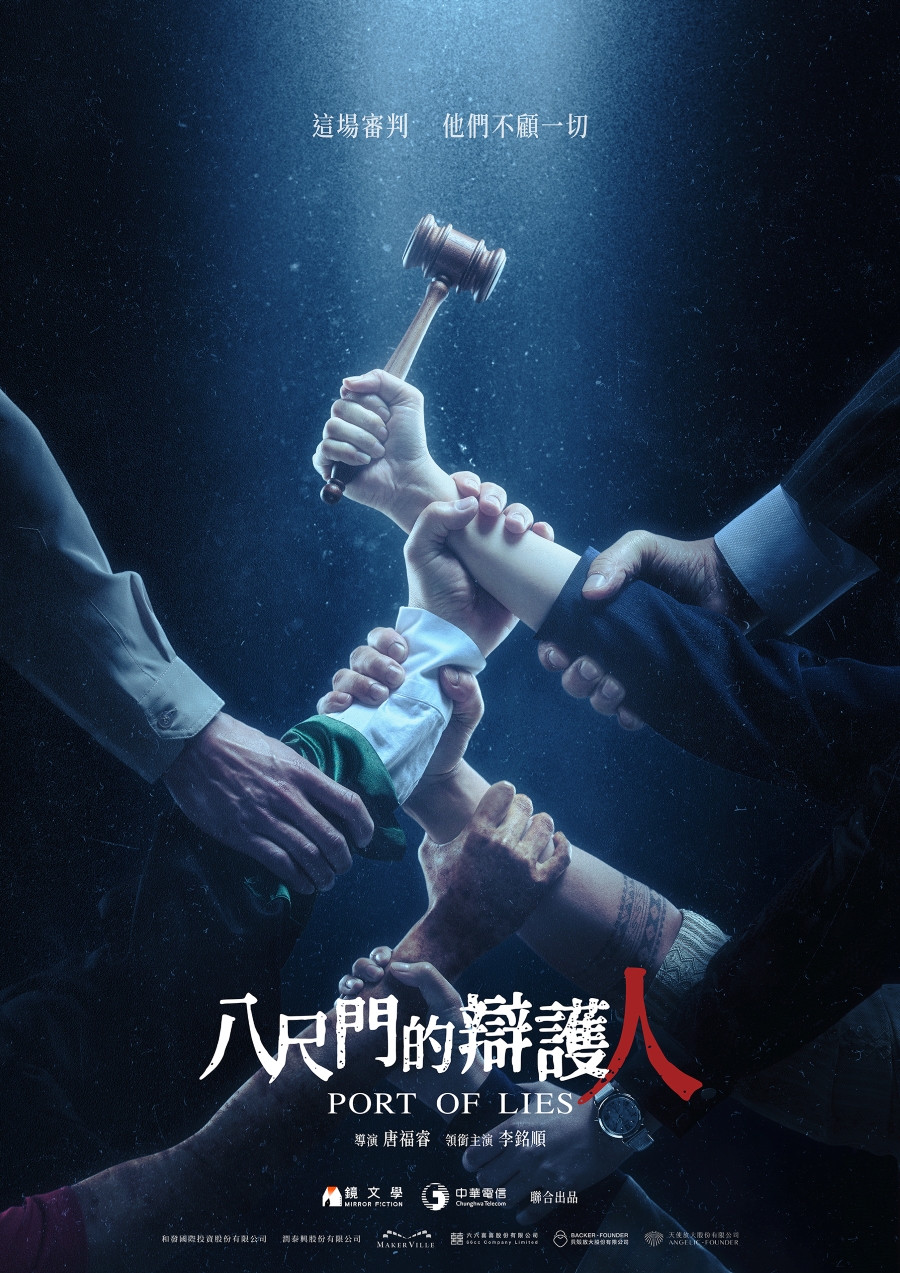Taiwanese legal TV show focuses on ethnicity in Taiwanese society
Taipei, July 23 (CNA) The TV series "Port of Lies" (八尺門的辯護人) by lawyer-turned-director Tang Fu-jui (唐福睿) focuses on one of the more sensitive issues in Taiwanese society in an effort to shine a light on stories about marginalized communities in the country.
"Port of Lies" will be released July 24 on Netflix and is adapted from a novel of the same name written by Tang. The story starts when Tung Pao-chu (佟寶駒), an Amis public defender is assigned to defend an Indonesian migrant fisherman accused of murdering an Amis boat captain and his family.
Tung leads a defense team composed of Lien Chin-ping (連晉平) from a renowned family of legal scholars and Leena, an Indonesian caregiver who serves as a translator. As the team looks into the case they uncover a plot that involves government officials and businessmen.
In a recent interview with CNA, Tang said when he first came up with the story, he wanted to address the issues of the death penalty and ethnicity which led him to recall a case from 1986 in which an indigenous Tsou youth Tang Ying-shen (湯英伸) was executed for murdering his employer and family despite being subjected to forced labor and mistreatment.

In "Port of Lies," the protagonist, named Abdul-Adl, who also faces the death sentence, endures abuse from his employer and has his passport confiscated. With more than 30 years separating the Tang Ying-shen case from the fictional story detailed in the TV show, the director aimed to envision how a similar event from the past would unfold in a modern-day setting. According to Tang Fu-jui, there are sensitive issues of ethnicity in all countries as it is human nature. The majority fears resources being shared and often ignores problems faced by people of different races, treating them as second-class citizens. "In the past, it was indigenous people; now it's migrant workers [as second-class citizens], and in the future another ethnic group could replace them," he said. The ending of the story makes viewers question whether the law can be trusted. However, Tang believes that although the law is not perfect it is the only recourse people have. "Believing in the law doesn't mean refraining from questioning it; on the contrary, we should continuously challenge [the law]." He points out that although the law changes slowly, it strives to improve.
While urging the public not to lose confidence in the law, he said the pursuit of fairness and justice or caring for the human rights of minorities has no end point, adding "this is a struggle that never ends." Tang noted that even though society may seem to never change, there are gradual differences in many areas, and groups of people strive to change things. This is the message of "Port of Lies" which he hopes will resonate with viewers. With a master's degree in law, nearly 10 years of legal training and five years practicing law, Tang said he has spent nearly half his life immersed in legal issues and his interest in the field is set continue, whether in life or the creative process, which allows him to showcase his core principle: caring about human rights. Tang explained that human rights is an issue of direct concern to "minorities" because the majority can defend itself and has more resources to protect its rights. From a lawyer to a creator, Tang notes that as a former lawyer his primary concern was the best interests of his clients, and he only took individual cases. "You can only accomplish one thing at a time, if you still have ideals in law and hope for justice. In contrast storytelling allows you to touch more people."
(By Yeh Kuan-yin and Chung Yu-chen) Enditem/AW
